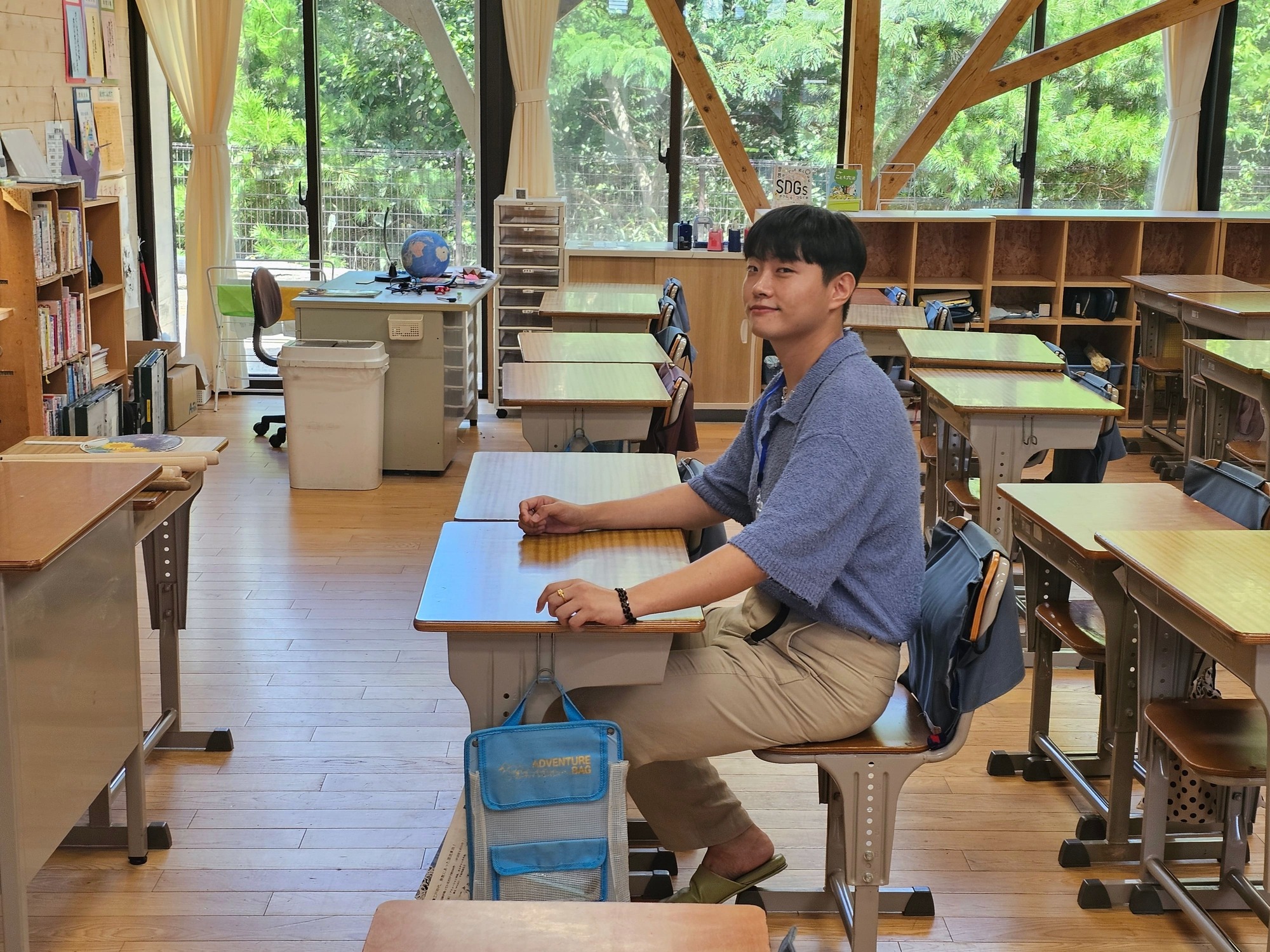No. 61: Mr. Lee Gil-Yong (Korea University, completed AELC in January, 2025)

One of the most valuable aspects of AELC is the opportunity to build a strong academic network across the world. This program has become an inseparable part of my doctoral journey, allowing me to connect with graduate students from different backgrounds while broadening my academic perspective.
For this writing, I reflected on my learning experiences in AELC. At NTNU, I gained essential research skills, including searching for international academic journals, and explored theories like Self-Determination Theory, Self-Efficacy, and the Self-Regulated Learning Model in the context of online education. I still vividly remember Professor Silvia’s energetic lectures and Professor Liang’s perfect fashion sense. At NCCU, I participated in team-building activities that helped me form lasting friendships, facilitated by Professor Gregory Ching’s engaging teaching style.
AELC at Tohoku University was a chance to reconnect with friends from Taiwan while deepening my learning. Professor Liu’s class emphasized the importance of sustainability in education, enhanced by visits to Miyanomori Elementary School and SenTIA, as well as interactions with Japanese high school students. One of the students later contacted me, and we continue to have one-on-one Korean lessons. In Professors Kozima & Ito’s course, I explored the connection between neuroscience, psychology, and education. I still remember the cute yellow “Keepon”. Professor Lenna’s class addressed mental health issues in Japan and possible counseling solutions. Despite attending only two days of Professor Robin’s course, the discussions on education accessibility, globalization, and climate change left a strong impression.
At Nanjing Normal University, I gained insight into educational research in China through courses like Education Changes in China and Children’s Development in China. Professor Chen’s Regression Analysis and Beyond course provided a fresh perspective on statistical methods. Running SPSS together and applying the concepts to real data made the experience particularly meaningful.
Some may question why a Curriculum Studies major would participate in AELC. However, I believe that a broad academic foundation enhances expertise, and the more diverse my knowledge base, the greater the scope for applying curriculum theories effectively.
In this winter, when I was walking across the campus in Nanjing, suddenly I heard someone calling my name. When I turned around, I saw a friend I had met in Japan. If I hadn’t participated in AELC, would I have ever had someone who knows me in Nanjing? The friendships I formed in Taiwan, Japan, and China continue to thrive, and even my fellow Korea University participants, whom I had not known before, are now some of my closest graduate school friends.
It amazes me how we built such strong connections in such a short time. I recall an elderly Japanese man saying to us while we were having drinks in Japan: “East Asia is one big family.” Sharing knowledge and growing together in an academic community made this experience truly meaningful.
I feel honored to have taken courses at all the universities where AELC is held. I will soon prepare for the upcoming AELC at Korea University this summer. I hope everyone enjoys their time at Korea University this summer, just as I did.
